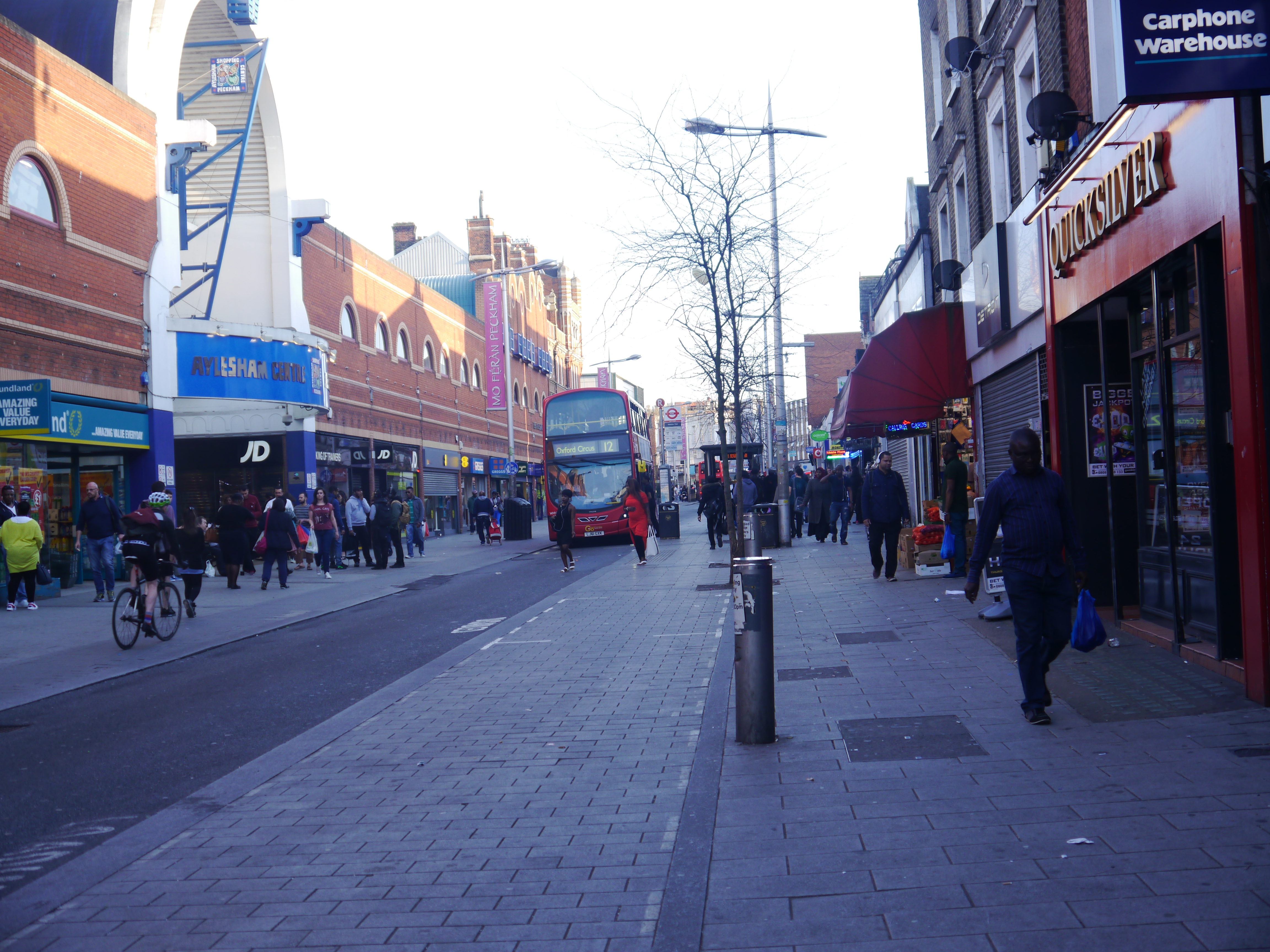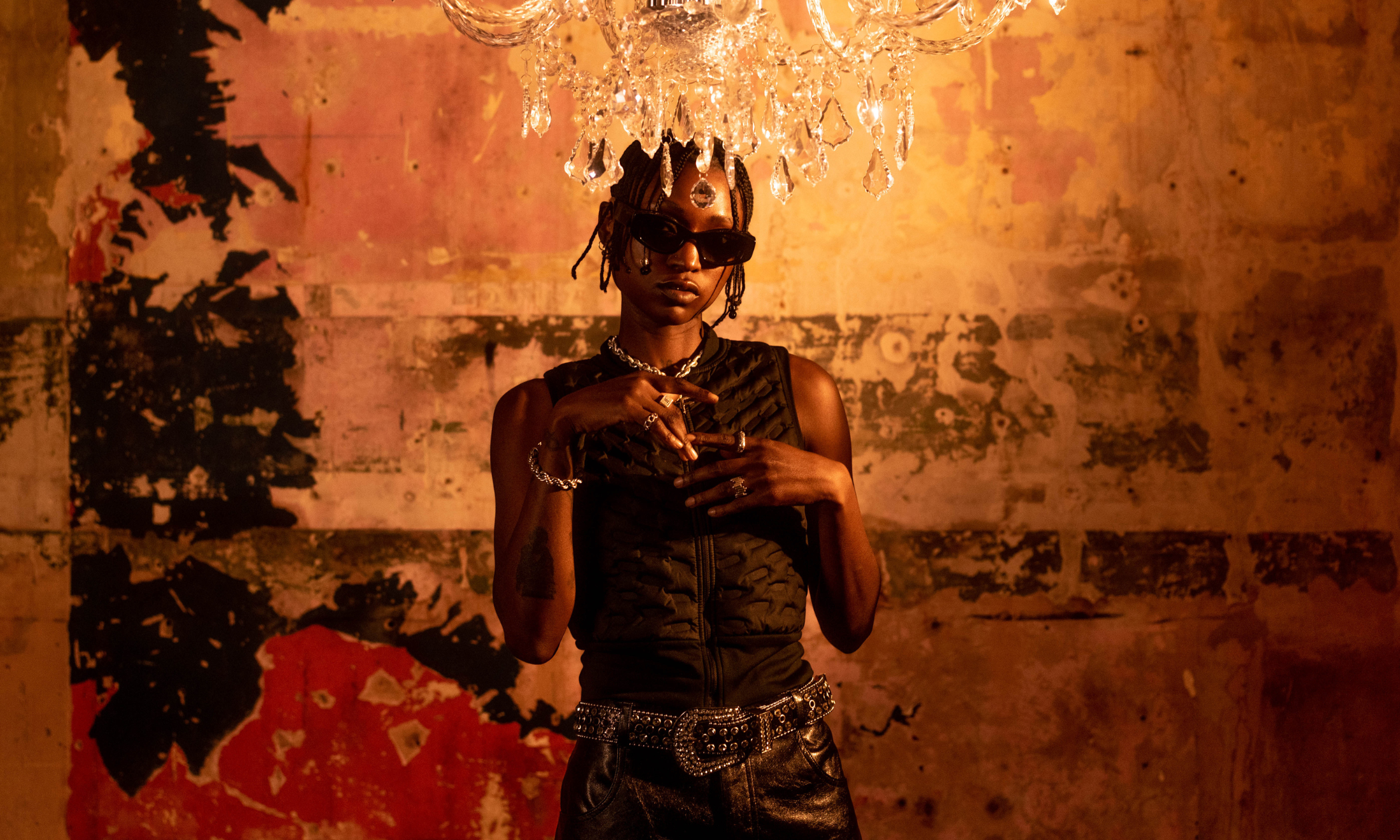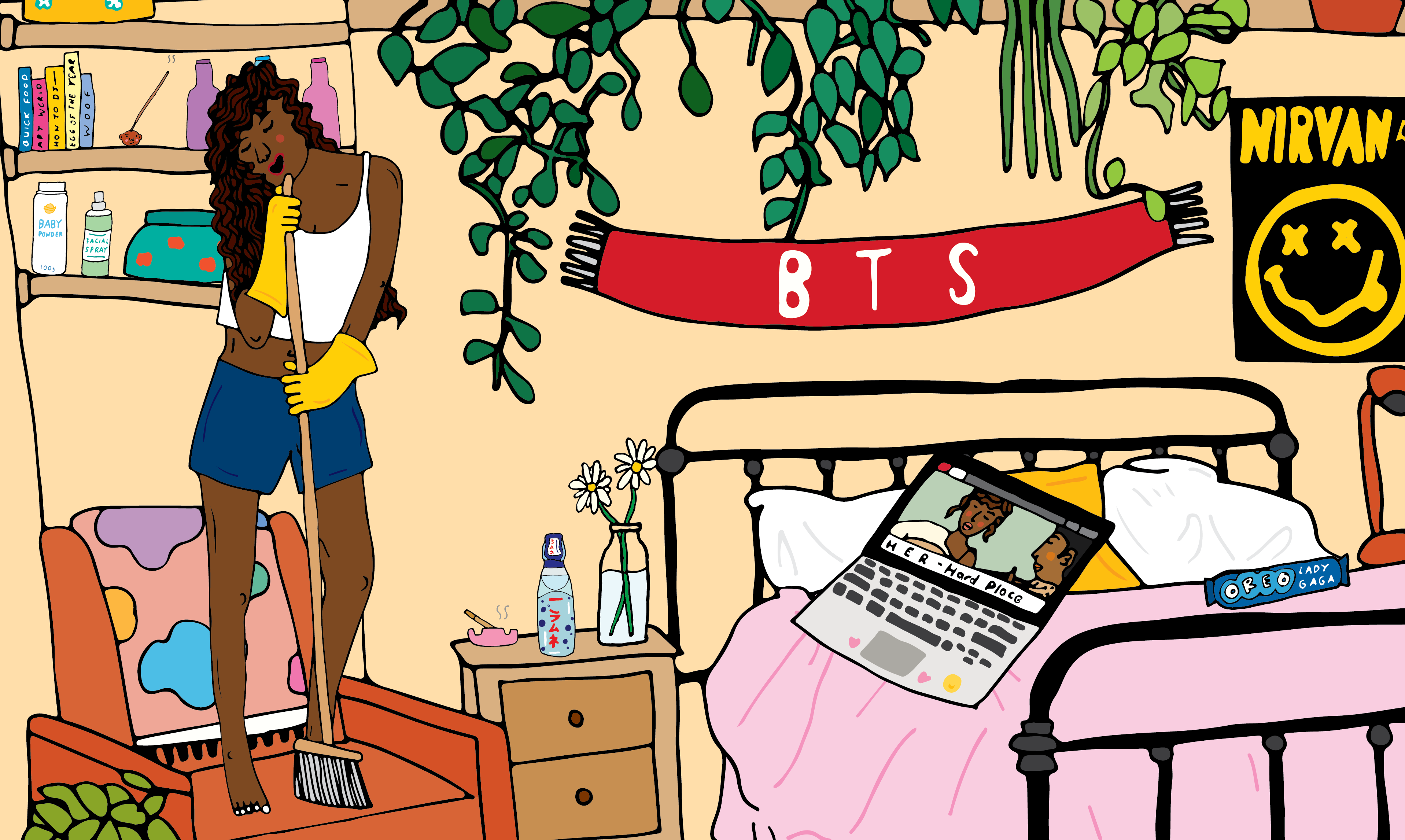
Illegal skin lightening in south London is rife – gal-dem exclusive
Charlie Brinkhurst Cuff
31 Mar 2016
“Are you sure you need skin lightening products?” says AJ, a cosmetics shop worker in Peckham. “You’re light enough already.”
Before we had reached this part of our conversation AJ had been telling me that people didn’t use the products I was after to lighten their skin – instead they were for correcting “dark spots” and “patchiness”. This comment betrayed him.
In the London borough of Southwark, and specifically Peckham, there is an ongoing problem with the sale of illegal skin-lightening products. A Freedom of Information request (FOI) revealed that, in January 2015, Southwark took part in a London wide project to test, purchase and analyse skin lighteners. Of eight shops checked in Peckham, five sold illegal products.
Illegal skin lighteners can contain anything from mercury, which causes damage to the brain, kidneys and lungs, to hydroquinone, which can permanently damage skin elasticity and cause premature ageing.
Yet, trawling round local cosmetics stores with a list of illegal products supplied by Southwark Council, it is clear to see that many shops in Peckham are still selling the offending items. The FOI request states that the illegal findings don’t always lead to prosecutions, and there has only been one prosecution in the last five years. On average shops are only checked for the products once every two years.
Within Peckham, an area of London recently named the “cultural epicentre” of the capital by Vogue, the excessive use of skin-lightening products isn’t a widely known or talked about issue among the expanding middle-class community, and the products themselves are predominantly used by the area’s vast immigrant communities.
Nigerians make up over seven per cent of the local demographic, and the area also has the highest number of African Christians outside of the continent than anywhere else in the world. According to the World Health Organisation, 77 per cent of Nigerian women have been found to use products to lighten their skin.
However, the council’s focus on the sale of illegal products fails to tackle the issue of why people choose to lighten their skin in the first place, and when I try and find those willing to talk about the use of skin lightening products, it’s as if the people of Peckham close ranks.
I see a woman and her young daughter wandering around one of the cosmetics shops, enlisting the help of a shop assistant. The bottle the daughter holds in her hand has “skin lightening” written in small pink lettering on the front.
“I don’t want this one – I already have this. I want the gel,” she says. I get the mother’s attention and attempt to ask her a few questions.
“We don’t use skin lightening creams,” she responds, looking worried and faintly bemused before hurrying her daughter out of the shop.
“I’m light skinned so I don’t have to use skin lightening creams, thank god,” one business owner tells me. The owner of the shop next door, which has a massive display of lightening products, tells me that all of her products are natural and not harmful.
Eventually, I do manage to find a small community of young women in south east London who are speaking out about the dangers of skin lightening.
19-year-old vlogger, Theresa Dihoulou, has had experiences with skin bleaching which she divulged on her YouTube channel. In the video she recants the pressure put on her as a teenager which made her feel like she had to bleach her skin.
“I put it out there so people don’t have to go through what I did. My skin tone affected my confidence so much for a very long time.
“A lot of my friends bleach. Sometimes it’s correctional, for acne and bad scarring. Other treatments are so expensive and take so long so they just use bleach and it works. But other times they genuinely want to be lighter. Even though I saw my friends bleaching I just couldn’t bring myself to be a part of it.”
One of these friends was 19-year-old student Mariam Omotunde. Mariam did end up bleaching her skin for roughly a year and a half, after her friends told her she’d look “so much better” if she was lighter.
“I was about 14, 15 when I started,” she says. “I went far off my complexion and it started looking kind of grey and ghostly. My lips were looking black and purple because obviously it wasn’t blending to my actual skin and my hands were a lot darker.
“I was getting blemishes everywhere and my lips were purple. It was gross. I don’t know if the products I used were legal or not. I would just go into the hair shops and find the cream.“
Steve Garner, a professor at Birmingham City University, is currently leading the first research project on skin lightening practices in England, which will hopefully give a further insight into why women choose to use them.
He acknowledges that the debate around skin lightening in black and minority ethnic communities is complex. Colonial expansion has left its marks on many communities and cultures, he explains, and whiteness has become synonymous with power, success and domination.
“In some countries such as India and China, colonial ideas have interacted with and exacerbated their own perceptions of power and beauty. The idea of fairness has become really important when it comes to what a beautiful, successful person might look like,” Garner says. “In the US there’s also a study which suggests that more lenient sentences are given to lighter-skinned African American women.”
“We all know that there’s widespread racial discrimination, but what people talk about less is how that’s become internalised. Most people of colour would now say, ‘It’s ridiculous to want to be white’, but then the way they perceive success, modernity and attractiveness is often anchored in the idea that fairer is better. In some places that co-exists with very strong pan-Africanism ideas, or black power ideas, too.”
Garner has been struggling to find participants to take part in his research, which involves filling out an online survey, because, as I found in Peckham, “everyone knows this it’s going on but very few people are willing to talk about it”.
“I had no idea,” says my white friend, who also lives in Peckham, when I bring her to one of the cosmetic shops. She views the “fading” creams, bottles of “brightening” oil and pots of “complexion enhancing” serum, with wide eyes, contemplating the pale faces smiling out on the deceptive packaging.
In the final shop my friend and I go into, on a shelf under all the skin-lightening products, there are huge tubs of toilet bleach. The type of stuff that stings your eyes; that you use with gloves on. We almost-laugh at the irony, but it feels too callous. Online you can even find home-made skin bleaching recipes that instruct you to use this type of bleach.
Ultimately, skin bleaching is a practice that needs to be further exposed and understood – at the moment it is underreported and pervasive. While the illegal products are dangerous in their own right, it’s the unsettling reasons behind the widespread use of the creams, lotions and potions in general that need to be given more attention. Garner says that he was surprised that I was even covering the topic for a newspaper.
“We need to hear about it more because it is definitely going on in black and Asian communities,” he adds. “It’s an important problem which needs to be put on the map as a public health issue.”









